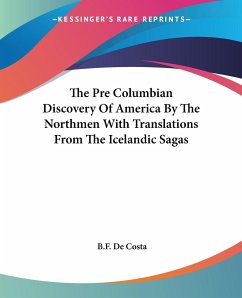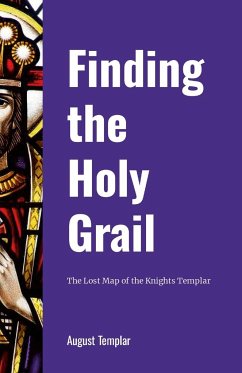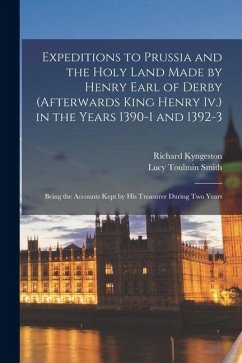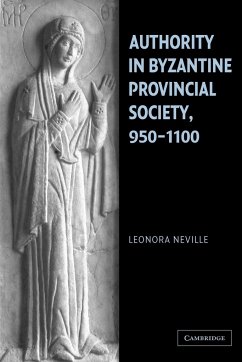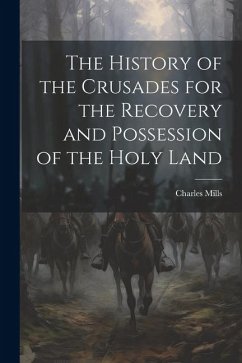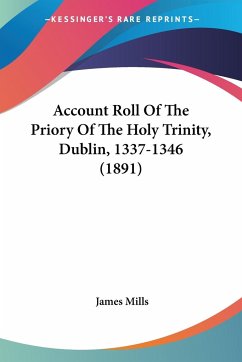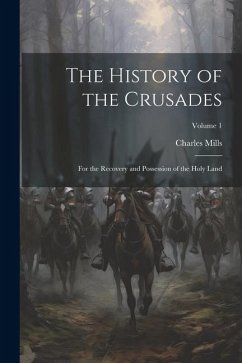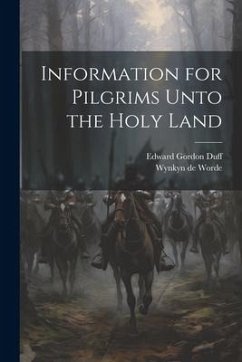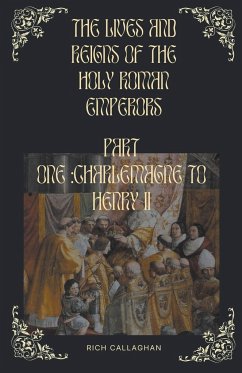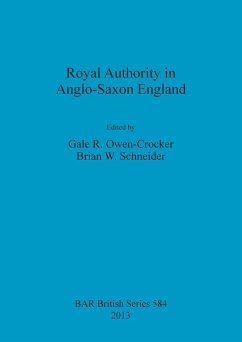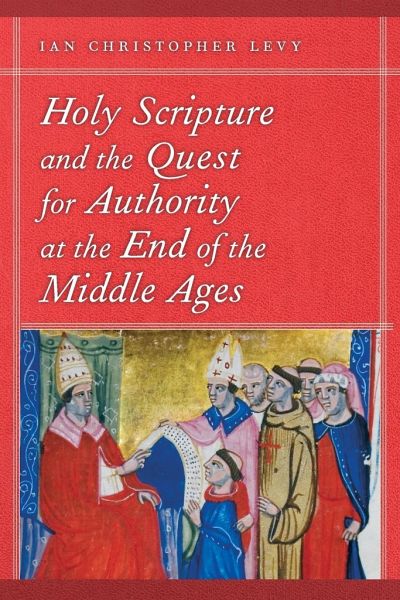
Holy Scripture and the Quest for Authority at the End of the Middle Ages

PAYBACK Punkte
22 °P sammeln!
All participants in late medieval debates recognized Holy Scripture as the principal authority in matters of Catholic doctrine. Popes, theologians, lawyers-all were bound by the divine truth it conveyed. Yet the church possessed no absolute means of determining the final authoritative meaning of the biblical text-hence the range of appeals to antiquity, to the papacy, and to councils, none of which were ultimately conclusive. Authority in the late medieval church was a vexing issue precisely because it was not resolved. Ian Christopher Levy's book focuses on the quest for such authority betwee...
All participants in late medieval debates recognized Holy Scripture as the principal authority in matters of Catholic doctrine. Popes, theologians, lawyers-all were bound by the divine truth it conveyed. Yet the church possessed no absolute means of determining the final authoritative meaning of the biblical text-hence the range of appeals to antiquity, to the papacy, and to councils, none of which were ultimately conclusive. Authority in the late medieval church was a vexing issue precisely because it was not resolved. Ian Christopher Levy's book focuses on the quest for such authority between 1370 and 1430, from John Wyclif to Thomas Netter, thereby encompassing the struggle over Holy Scripture waged between Wycliffites and Hussites on the one hand, and their British and Continental opponents on the other. Levy demonstrates that the Wycliffite/Hussite "heretics" and their opponents-the theologians William Woodford, Thomas Netter, and Jean Gerson-in fact shared a large and undisputed common ground. They held recognized licenses of expertise, venerated tradition, esteemed the church fathers, and embraced Holy Scripture as the ultimate authority in Christendom. What is more, they utilized similar hermeneutical strategies with regard to authorial intention, the literal sense, and the appeal to the fathers and holy doctors in order to open up the text. Yet it is precisely this commonality, according to Levy, that rendered the situation virtually intractable; he argues that the erroneous assumption persists today that Netter and Gerson spoke for "the church," whereas Wyclif and Hus sought to destroy it. Levy's sophisticated study in historical theology, which reconsiders the paradigm of heresy and orthodoxy, offers a necessary adjustment in our view of church authority at the turn of the fifteenth century.




